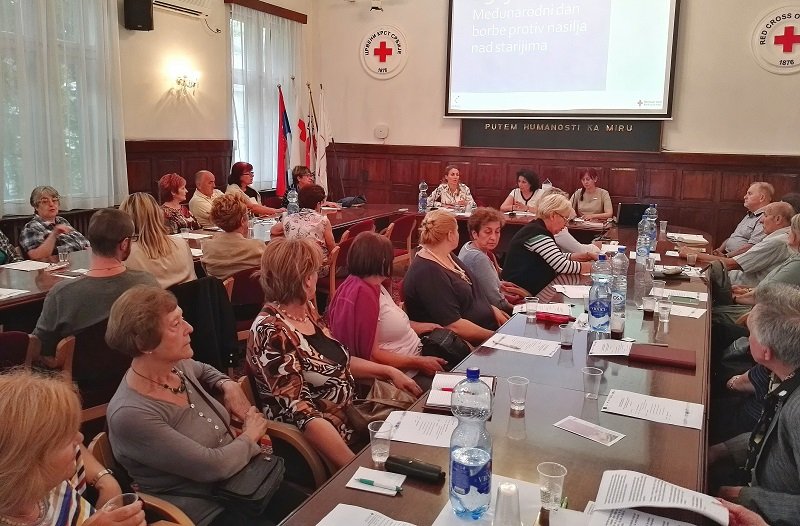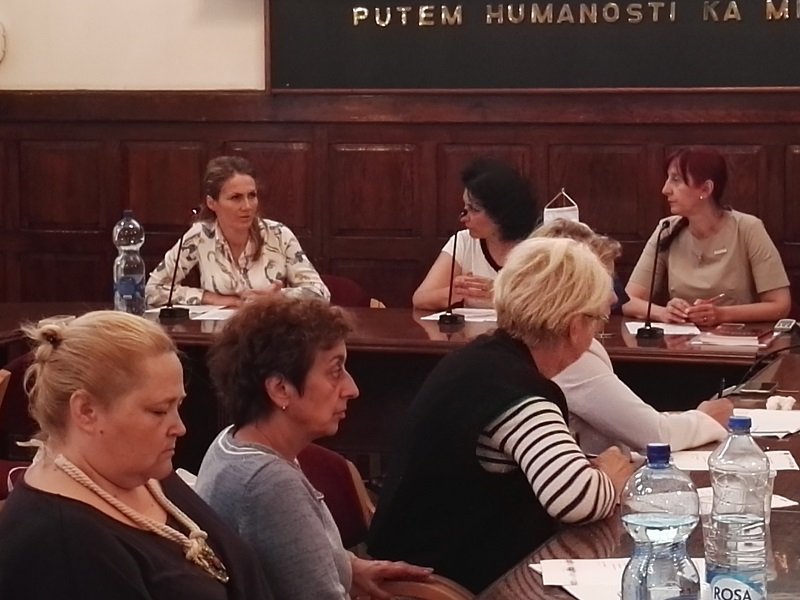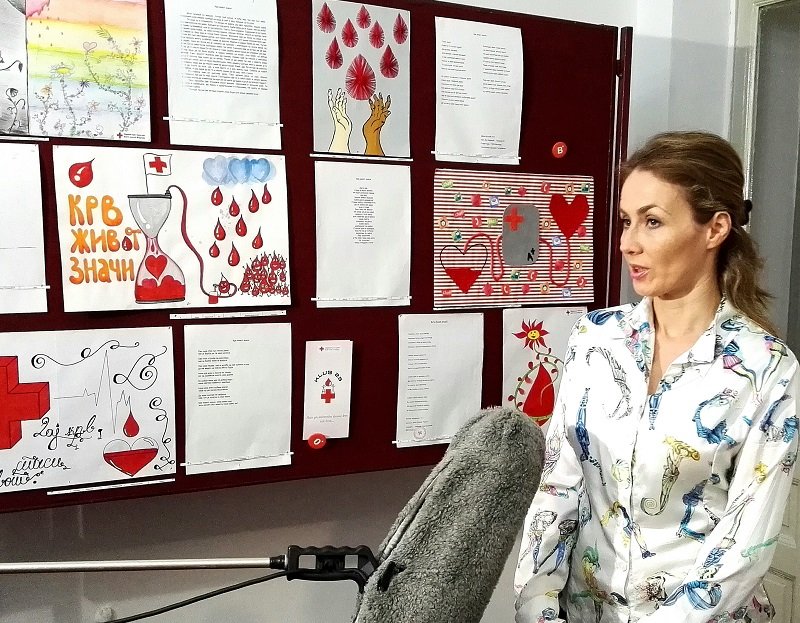On the occasion of 15 June, World Elder Abuse Awareness Day, Commissioner for the Protection of Equality Brankica Janković stressed that loneliness, health condition or dependence on help of others, make older persons more exposed to the risk of abuse, especially when we know that violence against older persons often remains unnoticed, because they fell too ashamed to report it.
She stated that older persons who have fewer social activities, are functionally dependent, chronically ill, have disability, diagnosed dementia are more exposed to all forms of abuse, including older women who are also at greater risk of abuse.
At the conference “Elderly Abuse – Is it Recognizable?”, held on the occasion of the World Elder Abuse Awareness Day, Commissioner stated that the number of reported cases of violence has increased since this issue was more discussed, but that this is not a goal, the goal is to minimize the elderly abuse.
Combating any violence, including elderly abuse, will give results only through timely, comprehensive and system cooperation of all parts of the state organization, stressed Commissioner and added that efficient protection and full respect of elderly rights should be a topic of permanent education of all employees in the social and health care system, police and judiciary, as well as one of the priorities of public policy creators, who have a task to provide all necessary condition for dignified life of older persons. It also means to spread positive image of ageing and relation to elderly, their enormous contribution to society and role that they still have, concluded Commissioner.
At the round table “Elderly Abuse – Is it Recognizable?” organized by Red Cross of Serbia with partner support of Commissioner for the Protection of Equality, older volunteers spoke about their experience in working with elderly, various types of violence, difficulties and obstacles for its recognizing and reporting. This dialogue is one of joint activities with aim to achieve greater inclusion of older persons in issues which are related to them and it should contribute to better solution of elderly abuse problems, its recognizing and reporting, to indicate the prevention actions and encourage all activities that would contribute to dignified ageing.





